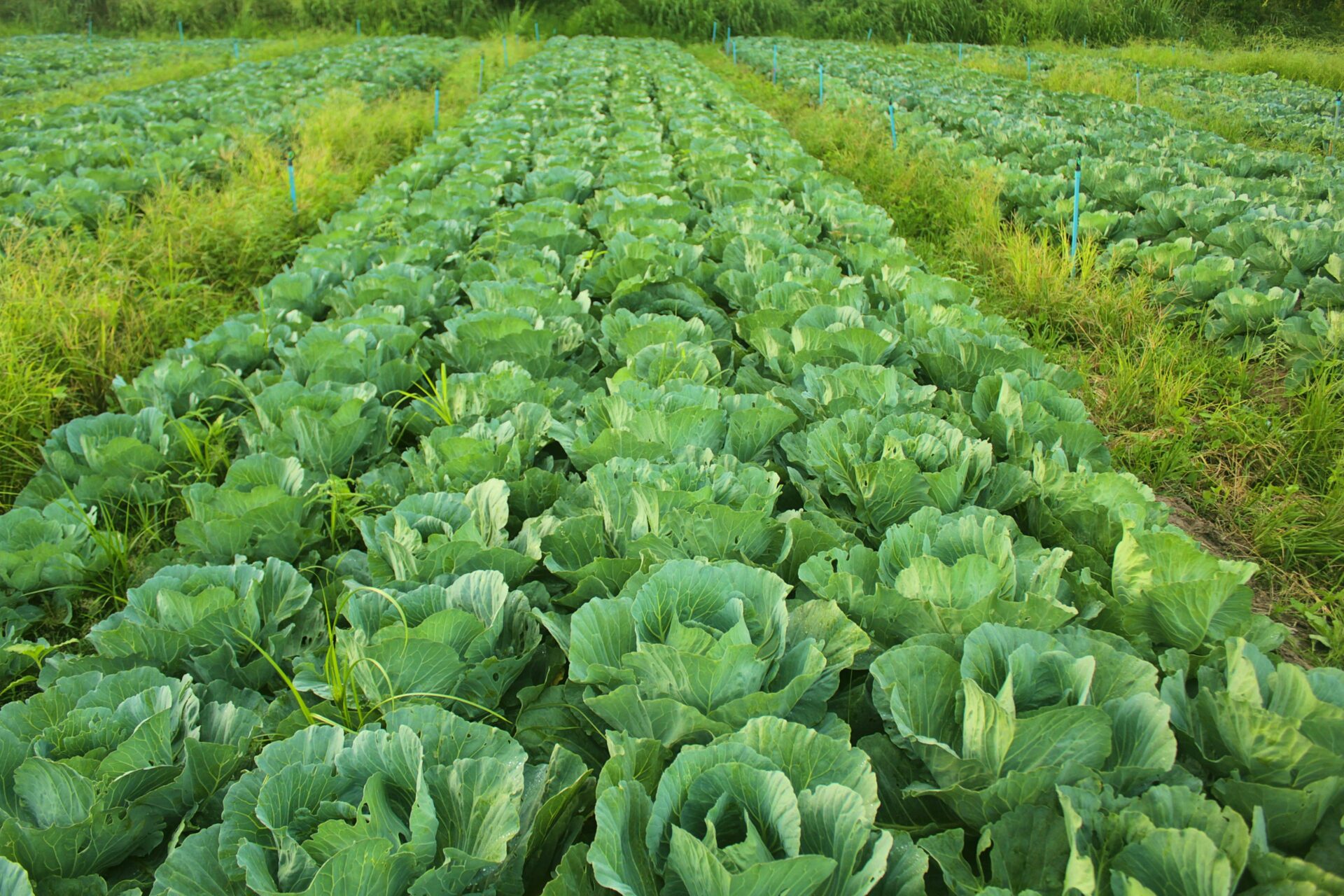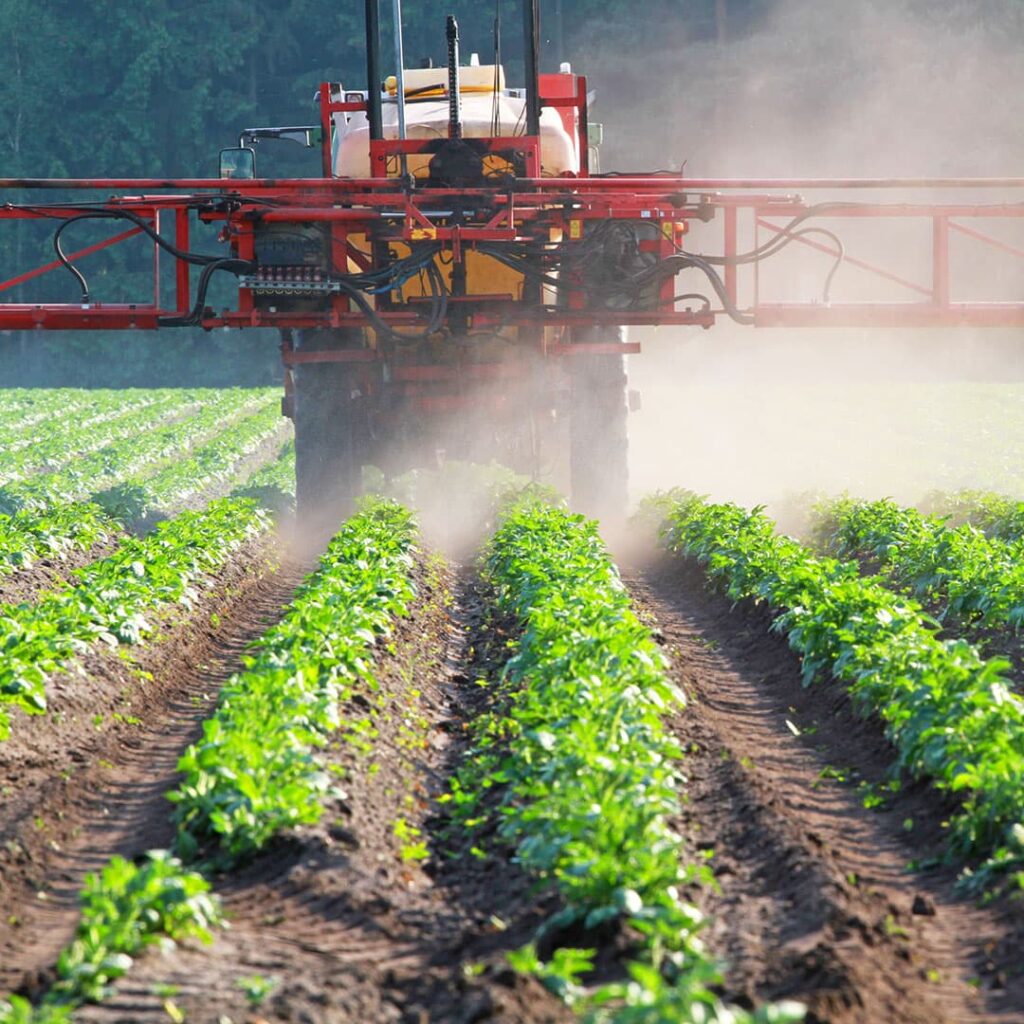Sep 11, 2025

“As world population and food production demands rise, keeping our soil health and productive is of paramount importance.”
As stated by the USDA, There are a few practices that you can implement to get started down the path of regenerative agriculture.
Regenerative agriculture is a holistic field management system that helps restore soil carbon, microbial communities, physical structure, and water holding capacity by following a couple of key principles. These core principles, as explained by the Natural Resource Conservation Service, help improve critical components of a productive soil ecosystem: soil health and soil quality.
Soil health is the biological integrity of your field and focuses on supporting plant growth. Soil quality refers to how well soil functions physically, chemically, and biologically and does its “job” (e.g., crop production).
While there is still some debate regarding the exact specifics of regenerative agriculture, it is important to focus on what the different schools of thought have in common and how they easily fit into the diversity of agricultural operations that are out there.
The core commonalities are best illustrated by the four principles described above. Whether this is your first harvest season or your thirtieth, there is always room to improve the ground that you farm. The four core principles described in this post can be implemented on your farm this season to help put you down the road towards regenerative agriculture and improving your soil for the long term.
Learn more about regenerative agriculture by contacting us.
Soil amendments are used in agriculture to support plant growth and development. Amendments derived from plant and animal sources are applied to fields to improve organic matter and nutrient status of the soil. An amendment must be thoroughly mixed into the soil to work properly and provide the desired response. If it is simply applied to the surface or buried at a shallow depth, its effectiveness is reduced, interfering with water and air movement and root growth (Davis and Whiting 2013).
It is no surprise that soil is the key to regenerative agriculture. The goal should be to retain the soil we have, improve the soil that remains, and restore the soil we have lost. It is possible to add significant organic matter and improve soil beyond its original state. We pioneered the understanding of how a balanced soil microbiome improves resilience, plant vigor, and marketable yields even under stressed conditions.
Microbes are a key indicator of soil health. They may live only days but accomplish much in a short span. They are essential to the soil system impacting structure, water, fertility, and resilience. So, at Heliae Agriculture, we focus on improving soil health by improving soil microbes. Our products improve the relative abundance of beneficial microbes by as much as three times. Plants will benefit directly from increased bio-available nutrients, and the environmental improvements include less erosion, with better water management. The result is better crops and a better environment.
Learn more about PhycoTerra and PhycoTerra Organic.
When added to the soil, PhycoTerra is powered by innovative microalgae that boosts the soil microbiome naturally. Both PhycoTerra and PhycoTerra Organic are sustainably produced soil microbial food, or soil amendments, that unlike other agriculture products, work to restore the natural quality of the soil and balance in the overall soil ecosystem. With just one application of PhycoTerra, it can start building soil health.
Heliae Agriculture delivers solutions to growers to make regenerative agriculture possible. It’s revolutionary because it’s not a plant fertilizer; it is rather a superfood for microbes that stimulates the rapid growth of beneficial microbes.
PhycoTerra and PhycoTerra Organic products offer a way to help complement your existing amendment program without any of the challenges. Both feed the soil microbiome, which leads to measurable improvements in soil function, such as improved soil structure, increased water holding capacity, active carbon content, and plant nutrient availability. Our organic product is fully OMRI and CDFA certified and is ready for use on your organic farming operation.
Conventional or organic, the PhycoTerra product line helps supercharge the desired impacts of gypsum, manures, and composts all in one product application. The product is a liquid and can be applied with common tractor implements and irrigation types, without the bulk material handling logistics mentioned above. PhycoTerra products do not require tillage after application as they are fully soluble in the soil, seed safe, and go to work immediately after application. The products are readily compatible with many fertilizers – conventional and organic – and can be water run, used in a starter, or side-dress application. Aboveground, we also show consistent positive crop yield response with the use of PhycoTerra and have optimal application rates and timings listed, by crop, on our tech sheets.

Our mission is to create sustainable microalgae products and solutions that enhance soil, plant, animal, and human health.
Our mission includes the usage of PhycoTerra and PhycoTerra Organic soil amendments. We lead with an empirical, science-based approach and have invested in state-of-the-art facilities, equipment, and staff to provide leadership in the regenerative agriculture space.
Our robust field and greenhouse research program (400+ trials) and we continually demonstrate how a program that includes the PhycoTerra line can bring value and a return on investment this season and in the years to come by improving the health and quality of the soil. In this sense, a grower can count on us as a dependable partner in their commitment to regenerating their fields.
The PhycoTerra product line fits the regenerative agriculture model as it helps drive a key component of a healthy soil system – the feedback between the plant and the soil microbial system. PhycoTerra feeds the soil microbiome, which leads to measurable improvements, or regenerated, soil functions. Benefits include improvements in soil structure, increased water holding capacity, and plant nutrient availability. This improvement is followed by a consistent positive crop yield response on the farm.
Our research at Heliae Agriculture has led to creating a quality microalgae product for your regenerative agriculture program. To learn more about our flagship product line, PhycoTerra and PhycoTerra Organic, and how it enhances the marketable yield value and benefits the soil through increased carbon and water efficiency, click here or contact us directly.